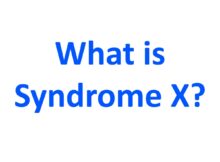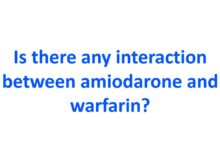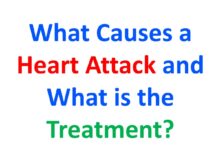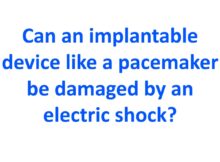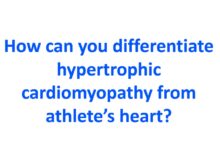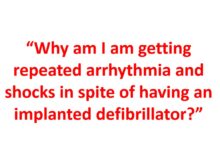Category: Heart Disease FAQ
Heart Disease FAQ
One syndrome X is normal epicardial coronaries with recurrent anginal pain. Usually it is not a dangerous condition.
Read More
Heart Disease FAQ
Amiodarone markedly increases effect of warfarin sodium. Amiodarone inhibits cytochrome P450 mediated metabolism of warfarin.
Read More
Heart Disease FAQ
In dual chamber AV sequential pacing, ventricles are paced a short while after the atria, facilitating atrial help for ventricular filling.
Read More
Heart Disease FAQ
Explaining the function of the heart as a pump
Read More
Heart Disease FAQ
Heart attack is due to clotting of blood in a narrowed coronary artery.
Read More
Heart Disease FAQ
A direct current defibrillation shock delivered directly over the implantable device can cause permanent damage, though not always.
Read More
Heart Disease FAQ
Signs and symptoms of a heart attack: Persistent chest pain radiating to the left arm, pallor, and rapid, weak pulse will be the most typical answer.
Read More
Heart Disease FAQ
Those with a small patent ductus arteriosus (PDA) may not require any significant restriction of activities, only those with large PDA need restriction.
Read More
Heart Disease FAQ
Hypertrophic cardiomyopathy is a hereditary disease. Athlete’s heart is a thickening of the heart muscles due to training.
Read More
Heart Disease FAQ
Implanted defibrillator does not prevent an arrhythmia. It only treats it.
Read More
Posts navigation
